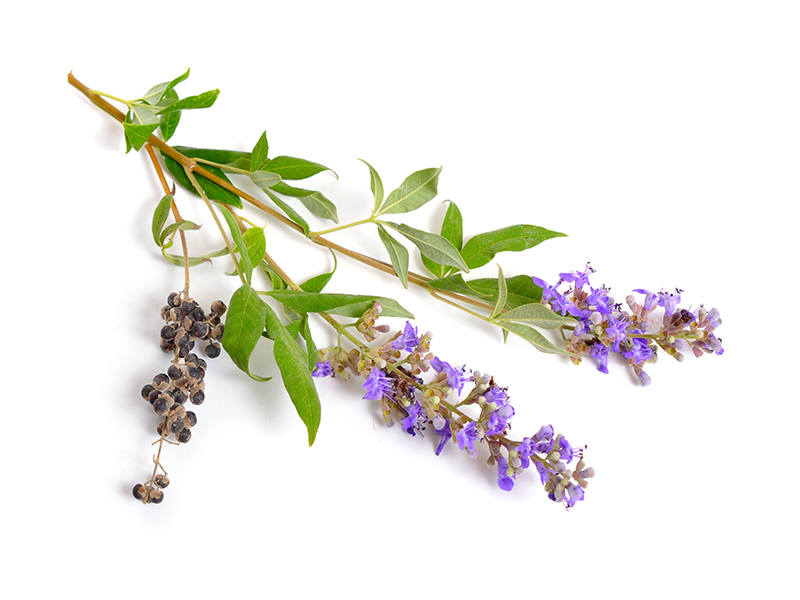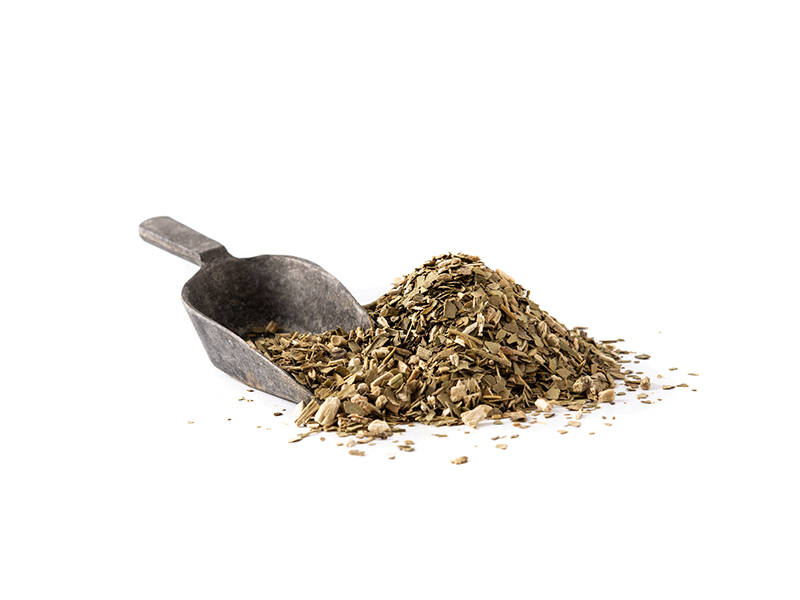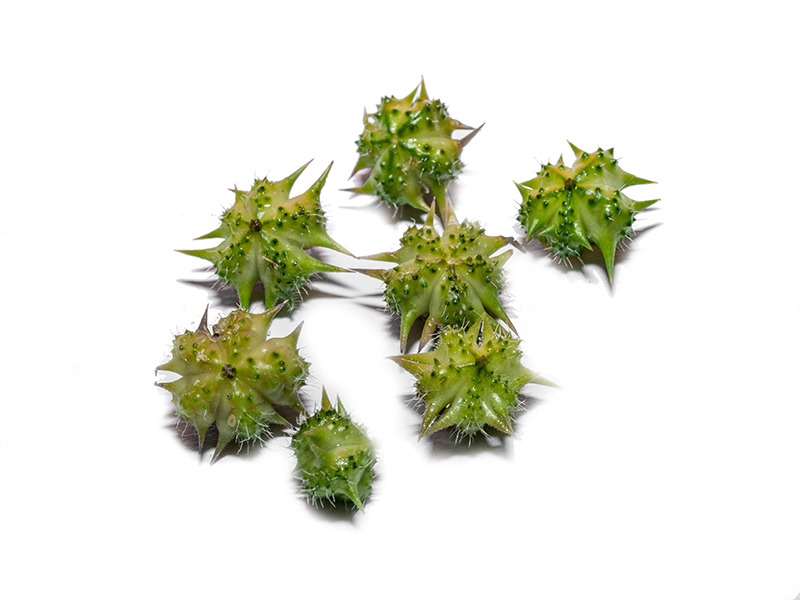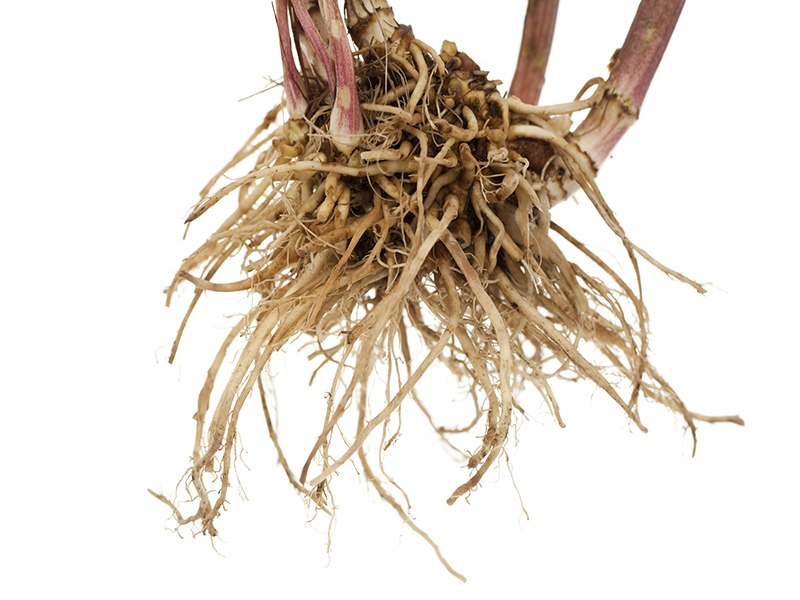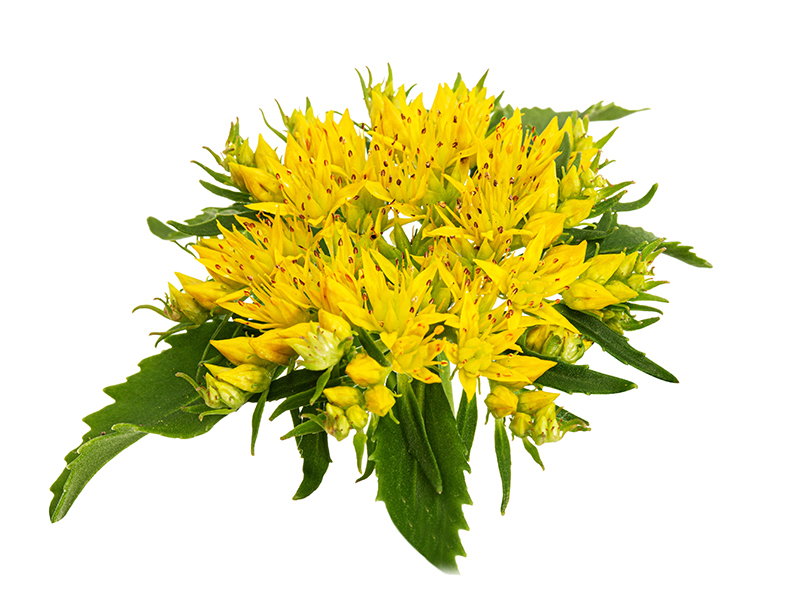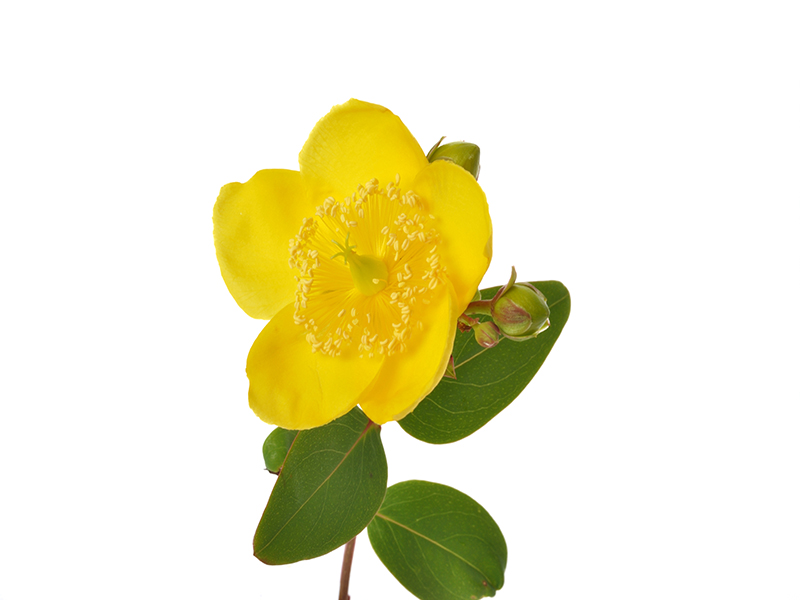Vitex agnus-castus is primarily used today to alleviate the symptoms of premenstrual syndrome. It has outperformed placebo in numerous trials, and ...
Herbs, roots, and barks are often excluded from our diet. However, through some processes, it is possible to obtain the benefits of these items in our health. There are several anti-inflammatory, anxiolytic, and vitamin components in the composition of roots, herbs, and barks. Nutraceuticals in this category include these substances from the extracts of these items.
Yerba mate is a tree of the aquifoliaceous family, native to the subtropical region of South America. It is consumed as mate tea, chimarrão or ter...
Tribulus terrestris is a plant from Ayurveda where the root and fruits are used for male virility and general vitality, respectively. The roots enh...
Rhodiola rosea roots are considered adaptogens, meaning they help your body adapt to stress when consumed. Its root contains more than 140 active i...
St. John’s Wort is a flowering plant native to Europe known for its nootropic properties, specially nootropic ones, which come from the activ...
Red Clover flowers are widely used as a sedative, to purify the blood, and to treat respiratory problems; skin rashes, and speed healing. Also know...
Milk thistle is an herbal remedy derived from the milk thistle plant, also known as Silybum marianum. The active ingredients in milk thistle are a ...

